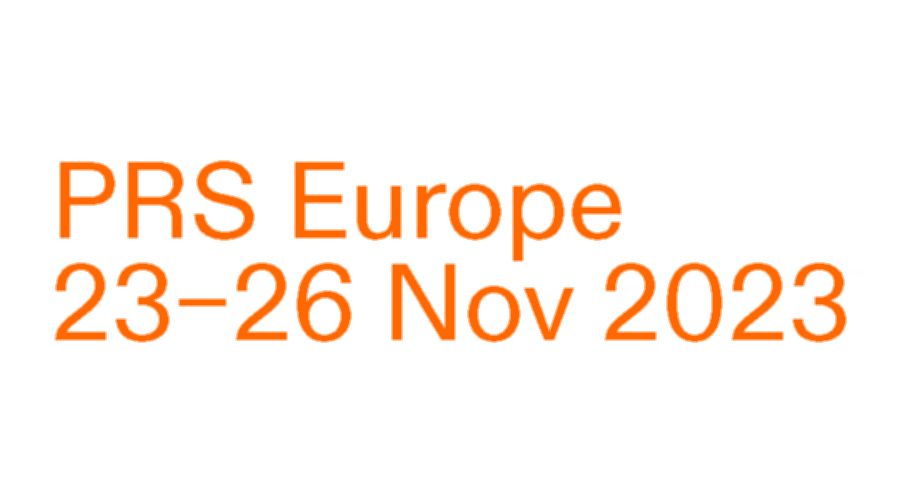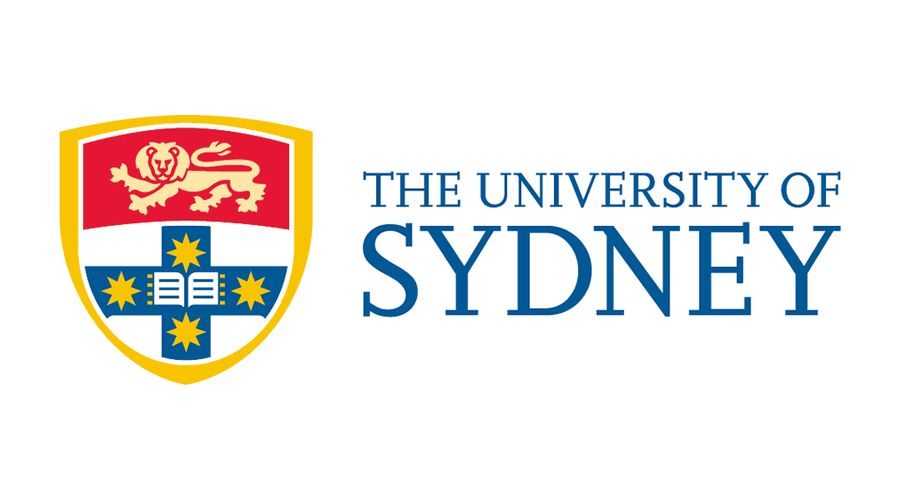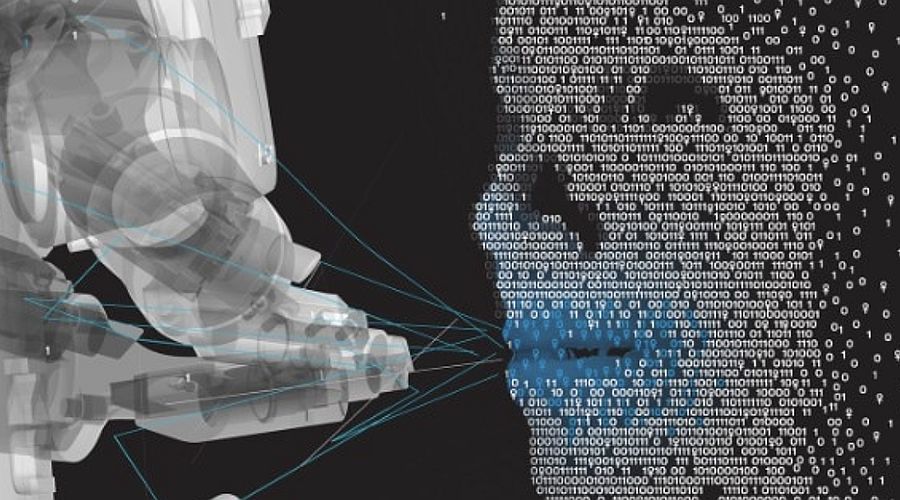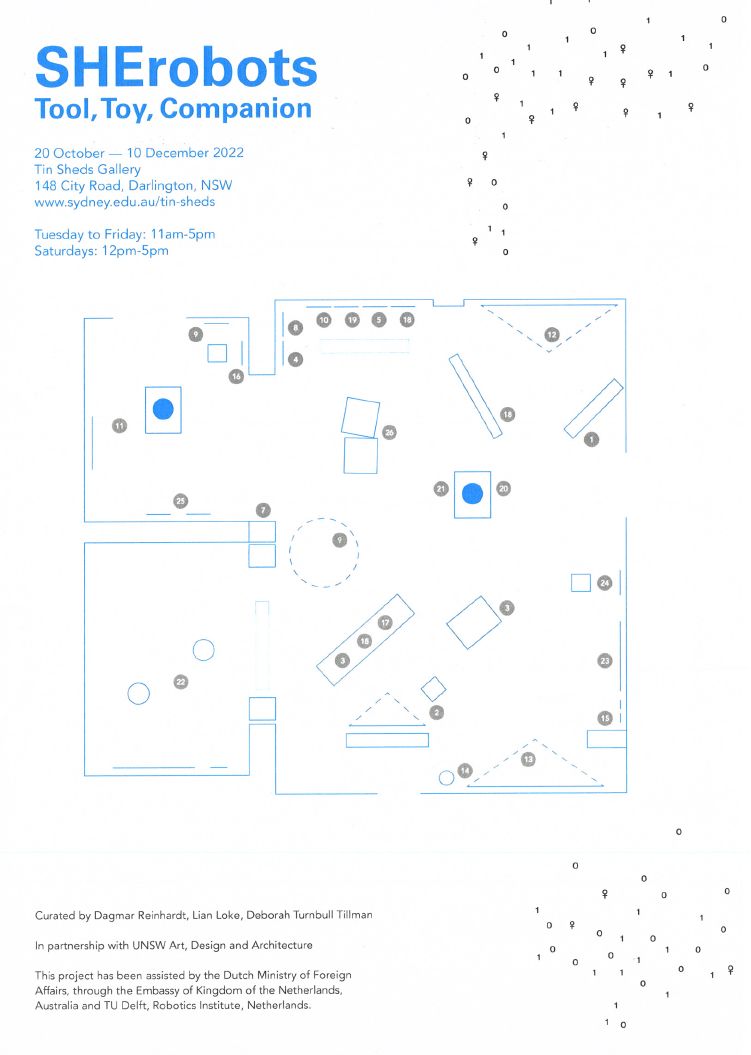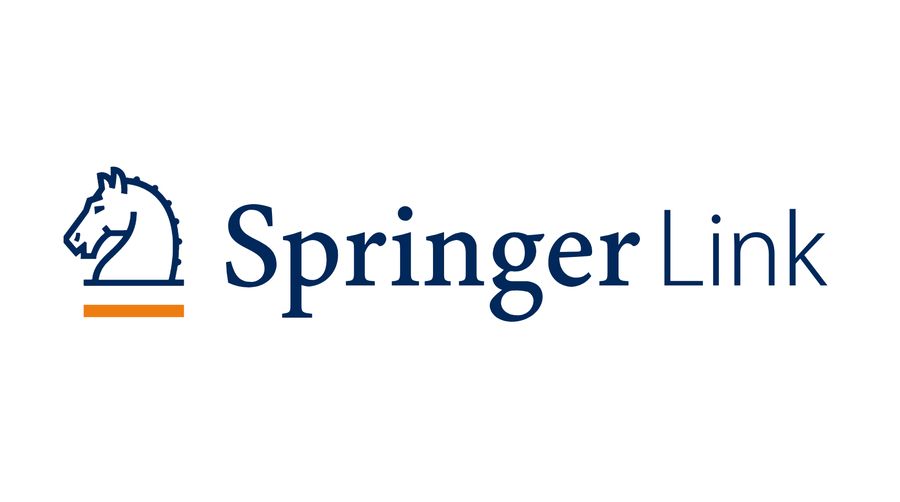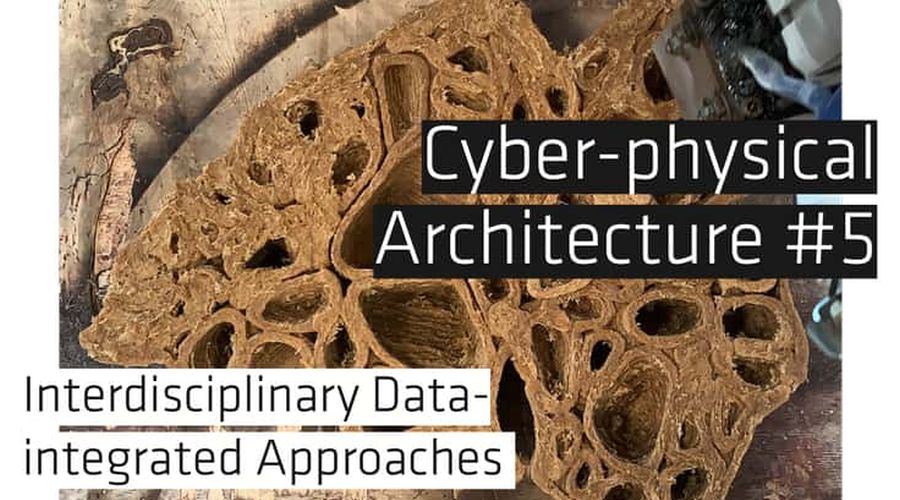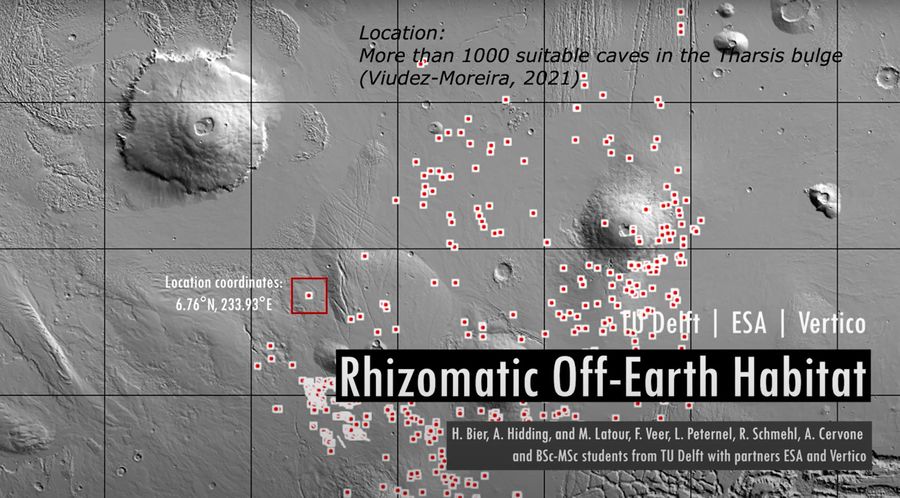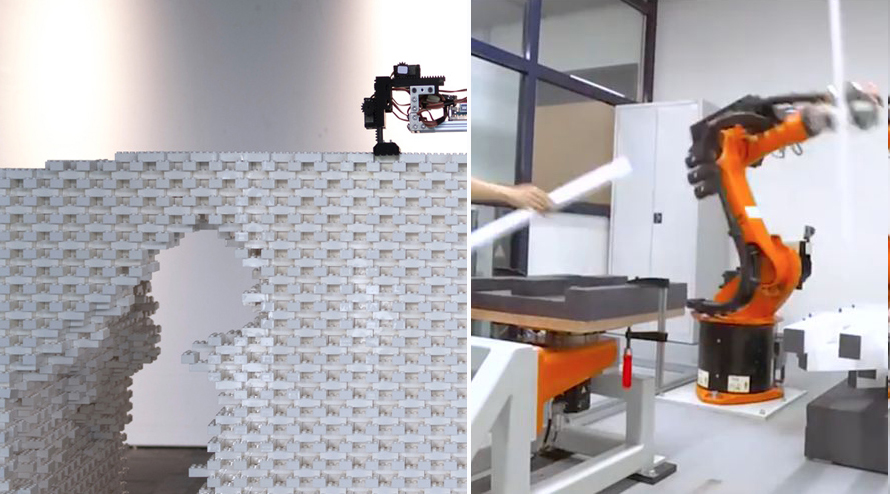Uncategorized
February-May 2024, Henriette Bier participates with the Robotic Building team in the SHErobots: Ecologies of Care exhibit and events series at TU Delft Library.
Henriette Bier is invited to act as PhD examiner of PhD cand. Maj Plemenitas at the RMIT’s PRS event in Barcelona.
22/11/2023 Henriette Bier presents advancements in AI-supported Robotic Building at the University of Sydney School of Architecture, Design and Planning where she holds an honorary professorship position.
19th October 2023, 14:40-15:00h Henriette Bier participates virtually as guest reviewer at Cornell’s DEA 6210 Architectural Robotics session.
Henriette Bier is 15-30th October on an Asia-Australia tour lecturing, reviewing PhD research, and exhibiting at various institutions such as CUHK, RMIT, USYD, and NUS.
Henriette Bier is going on an Asia-Australia tour and amongst others exhibits a prototype at the Tin Sheds Gallery in Sydney at the first international exhibition of female-led robotic practices. In addition to the exhibition in Sydney, the tour involves lectures, colloquia, and symposia in Sydney, Melbourne, Hong Kong, and Singapore and is co-funded by the Dutch Embassy in Sydney, Delft Robotics Institute, RMIT, Chinese University of Hong Kong, and National University Singapore.
https://www.sydney.edu.au/architecture/about/tin-sheds-gallery/she-robots-tool-toy-companion.html
https://nus.syd1.qualtrics.com/jfe/form/SV_egGscZjwOh1rg9M
Henriette Bier co-edits volume on Disruptive Technologies in Adaptive Environments Springer series
Spool Cyber-physical Architecture #5 on Interdisciplinary Data-integrated Approaches has just been published!
The final review meeting on 1st of June marks the official end of the Rhizome project implemented with partners from TUD, ESA, and Vertico.
In order for off-Earth top surface structures built from regolith to protect astronauts from radiation, they need to be several metres thick. With support from European Space Agency (ESA) and Vertico, the Technical University Delft (TUD) advanced research into constructing habitats in empty lava tubes on Mars in order to create subsurface habitats. By building below ground level not only natural protection from radiation is achieved but also thermal insulation because the temperature below ground is more stable. A swarm of autonomous mobile robots developed at TUD scans the caves, mines for in situ resource utilisation (ISRU), and with the excavated regolith that is mixed with cement constructs the habitat by means of automated and Human-Robot Interaction (HRI) supported Design-to-Robotic-Production-Assembly and -Operation (D2RPA&O) methods developed at TUD. The 3D printed rhizomatic habitat is a structurally optimised porous structure with increased thermal insulation properties due to its porosity. To regulate the indoor environment a Life Support System (LSS) is considered, which is, however, outside of the scope of the presented research. Instead, the production and operation of the habitat are explored by combining an automated kite-power system with solar panels in a microgrid with the goal to develop an autarkic D2RPA&O system for building off-Earth subsurface autarkic habitats from locally-obtained materials.
Zoom link: https://tudelft.zoom.us/j/96203933911
http://cs.roboticbuilding.eu/index.php/Shared:RhizomeReview6
Henriette Bier and the Robotic Building lab at TU Delft organise a symposium on ‘Human-Robot Interaction for Post-Carbon Architecture’ together with LU Hannover.
ORGANISERS
Henriette Bier (TU Delft) and Mirco Becker (LU Hannover)
SPEAKERS/GUESTS
Henriette Bier and Luka Peternel (TU Delft); Mirco Becker and Lukas Lachmayer (LU Hannover); Oliver Tessmann (TU Darmstadt); Daniela Mitterberger (ETHZ); Serban Bodea (ETHZ/U Stuttgart); Alisa Andrasek (RMIT); Valentina Soana (UC London); Verena Vogler (McNeel); Maria Yablonina (U Toronto); Brian Ringley (Boston Dynamics).
Speaker Bios and Abstracts: http://www.roboticbuilding.eu/hri4pca-speakers/
DATE
29/04/2022
ABSTRACT
The Architecture, Engineering and Construction (AEC) industry is facing a threefold challenge involving the (1) digital transformation of all design and planning processes, (2) automation of construction processes, and (3) reconsideration of energy, process, and material use. This challenge involves issues of productivity, scalability, safety, labour skill shift, and environmental impact. There is a particular urgency in transferring effective solution from research to building practice to meet significant carbon reduction goals by 2040.
The one-day symposium is an opportunity to make an inventory of current tendencies in autonomous construction and human-robotic interaction in architecture. It aims at affirming and/or challenging research agendas in the domain of architectural robots. The leading questions for the symposium are:
- What are the fundamental research questions for framing post-carbon autonomous construction?
- What are the interdependencies between machines, humans, and materials?
- How do different implementation timeframes define strategies for transferring research, as for instance, continuous transformation vs. leapfrogging?
FORMAT (HYBRID)
By inviting a selected set of speakers and guests, the organisers aim at delivering tangible results with respect to the posed leading questions in two sessions: The morning session will be reserved for lectures and Q&A and the afternoon session is dedicated to a workshop with the goal of establishing a network for framing new collaborative projects. Results will be published in Spool CpA (see most recent issue https://spool.ac/index.php/spool/issue/view/20).
PROGRAM
Join Zoom Meeting
https://tudelft.zoom.us/j/95130196193
9:00-9:15h Intro by Henriette Bier (TU Delft) and Mirco Becker (LU Hannover)
9:15-11:00h Session 1 moderated by Valentina Soana (UC London)
9:15-9:45h Henriette Bier and Luka Peternel (TU Delft)
9:45-10:15h Mirco Becker and Lukas Lachmayer (LU Hannover)
10:15-10:30h Oliver Tessmann (TU Darmstadt)
10:30-10:45h Serban Bodea (ETHZ / U Stuttgart)
10:45-11:15h Q&A
11:15-11:30h Break
11:30-12:45h Session 2 moderated by Oliver Tessmann (TU Darmstadt)
11:30-11:45h Maria Yablonina (U Toronto)
11:45-12:00h Daniela Mitterberger (ETHZ)
12:00-12:15h Alisa Andrasek (RMIT)
12:15-12:30h Valentina Soana (UC London)
12:30-12:45h Brian Ringley (Boston Dynamics)
12:45-13:00h Q&A
13:00-14:00h Break
14:00-15:45h Workshop moderated by Mirco Becker (LU Hannover) and Henriette Bier (TU Delft)
15:45-16:00h Closing



